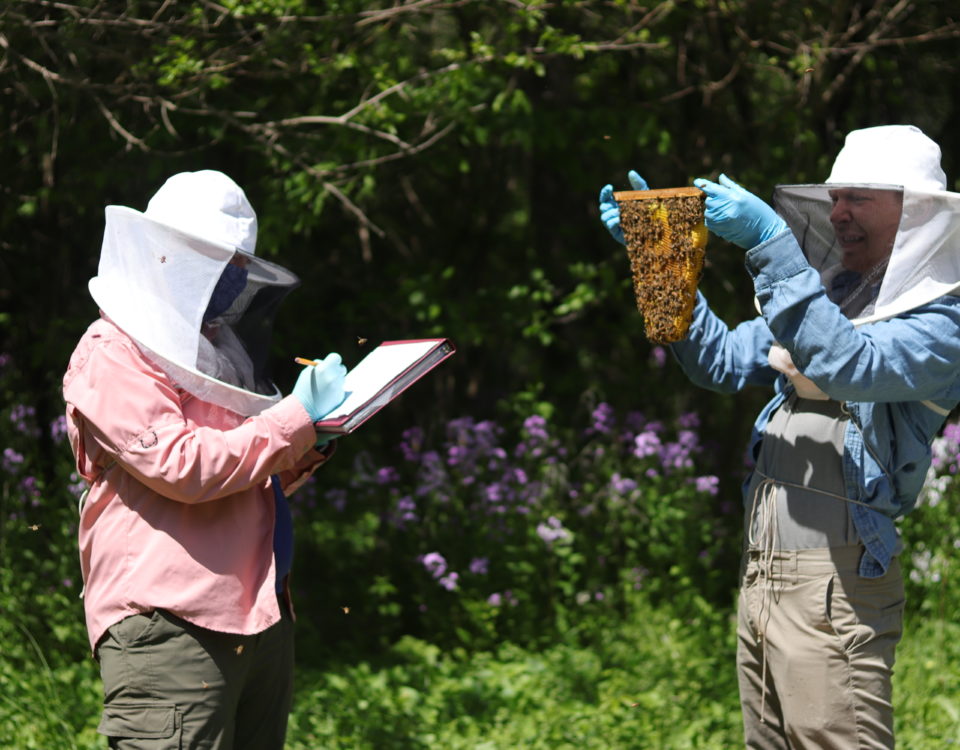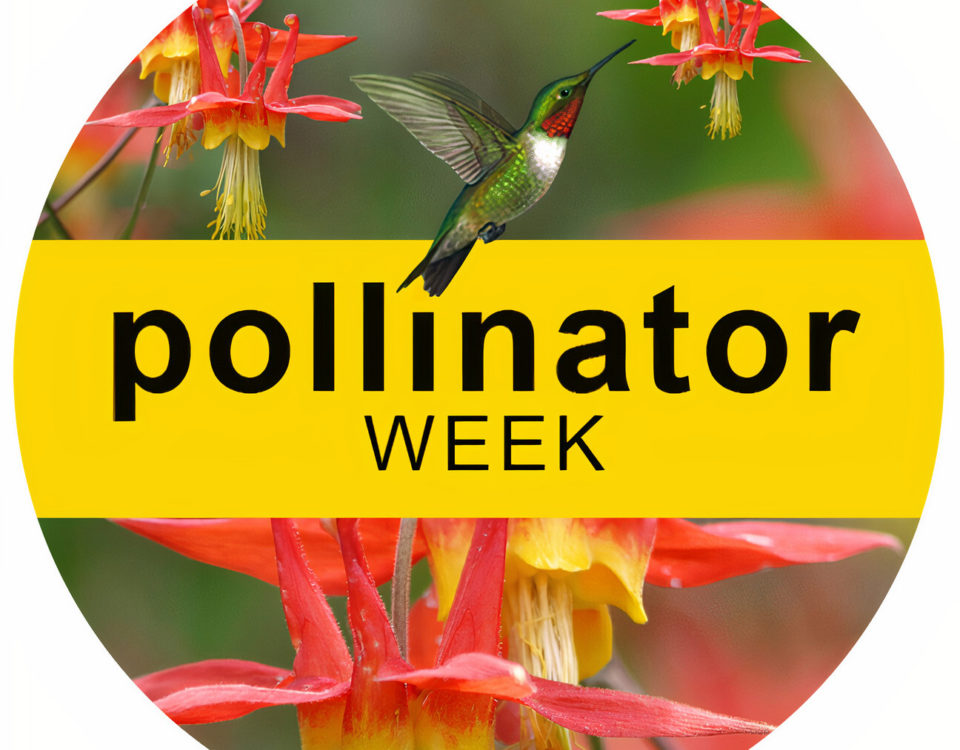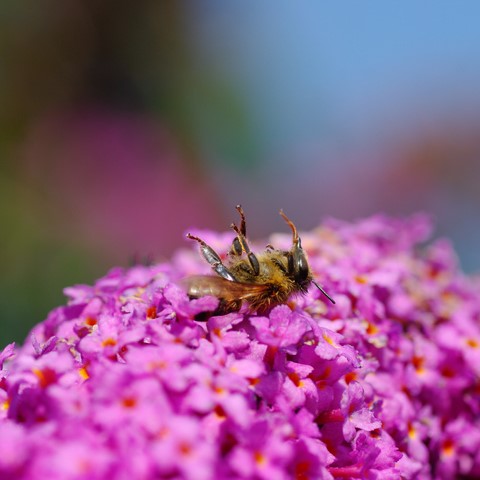- All-In-One Beekeeping for the Bees
- +1-608-728-8233
- info@beepods.com
Why Are My Bees Eating Birdseed?

 Bees eat pollen. That’s a no brainer. In fact, bees eating pollen is one of the reasons there are so many plants around in the first place. When bees fly around collecting pollen for food, they spread some of it around to other plants, causing the pollination that bees are famous for. Of course, they’re not just grabbing pollen, bees are also famous for producing honey, which comes from plant nectar. These two food sources make up the bulk of what bees eat. Nutritionally, honey serves as the carbohydrates to give bees energy and pollen (or rather the bee bread they make from it) is the protein to help them grow. Knowing all this, imagine how confused I was to see a rash of articles talking about bees “eating” from bird feeders. What are they getting out of them?
Bees eat pollen. That’s a no brainer. In fact, bees eating pollen is one of the reasons there are so many plants around in the first place. When bees fly around collecting pollen for food, they spread some of it around to other plants, causing the pollination that bees are famous for. Of course, they’re not just grabbing pollen, bees are also famous for producing honey, which comes from plant nectar. These two food sources make up the bulk of what bees eat. Nutritionally, honey serves as the carbohydrates to give bees energy and pollen (or rather the bee bread they make from it) is the protein to help them grow. Knowing all this, imagine how confused I was to see a rash of articles talking about bees “eating” from bird feeders. What are they getting out of them?
With that question in mind, I set to researching. What I found was actually a little surprising, and I’d like to share it with you.
What Are Bees Eating?
I won’t keep you in suspense. Bees hang out in bird feeders to forage dust off the cracked corn found within. Bees are opportunistic, and they’ll collect anything they think they can use for protein. And corn dust actually does contain a degree of pollen, though not in the amounts bees get straight from the source. What really matters to the foragers is that corn dust looks like pollen. Bees have incredible eyesight. They use that to spot and differentiate flowers based on color and shape, but also to spot pollen itself. Bees see corn dust, think “Pollen!” and celebrate that they hit the jackpot so close to the hive.
The thing is, pollen isn’t all the same, which makes it good that bees collect it from a whole bunch of different plants as they forage. Bees can forage up to three miles from their hive to find the best nectar and pollen, and on the way, they mix up the pollen from all the different flowers they land on together to make a pollen pellet. This basically combines all the best qualities from whatever types of pollen they picked up. Some might have better amino acid strings (proteins) than others, but when they’re all slammed together, bees can be sure they’ll be making the good bee bread. Bees are good for biodiversity, and biodiversity is good for bees. So, if all the pollen/pollen substitute they’re getting is from one source, bees eating just that are in for an underwhelming time.
How Important Is Pollen?
If your bees aren’t eating pollen, they aren’t getting the best source of protein. Bees evolved to turn pollen into bee bread and ingest it. The problem when other dust-like particles get in the mix, is that they don’t have the same variety and quality of nutrients that bees need. It’s not that bees will starve without a good mix of pollen, but the sublethal effects of malnourishment can weaken the hive as a whole. It’s not just bird feeders that are the problem. Sometimes, foraging bees will come back with sawdust or other particulates. Whatever the non-pollen material is, the problem is the same. Bees eating pollen is ideal. Anything else, not so much.
One thing I haven’t mentioned yet is timing. In the winter bees don’t need pollen as much. The times when bees are most likely to start collecting non-pollen substitutes are warm days in the late winter or early spring. Bees also know that pollen is the best protein source for them. If there’s pollen available, they’ll usually choose it over other options, if only because it’s on the way to getting nectar. But if your bees come out of winter with a good honey store, nectar might not be immediately crucial. If a warm day tricks bees into foraging early, they’ll take what they can get to feed the brood that’s on its way. This has become a bigger problem lately since warm days have started outpacing blooming flowers. Bees start foraging before the good stuff is available, so they make do.
What Should Bees Eat?
I didn’t expect the answer to a question like, “Why are there bees in my birdfeeder?” to have to do with climate change, biodiversity, and near-starvation, but there you go. I hope I got the point across how important pollen is to a healthy hive. If you see your bees gathering what looks like pollen substitute, that probably means their activity started too early in the year. Bees need their proteins, so you might want to look into pollen patties to supplement what they can find before flowers bloom. Part of what’s so fun about beekeeping is that simple questions almost always have rewarding answers, and this was no exception.
Mathew Brandfass
Latest posts by Mathew Brandfass (see all)
- How Bees Use Comb - June 5, 2020
- Abnormal Comb: How to Make Your Bees Stop Making It - May 29, 2020
- Beekeeping Season: How to Make Spring Work for You - May 22, 2020



